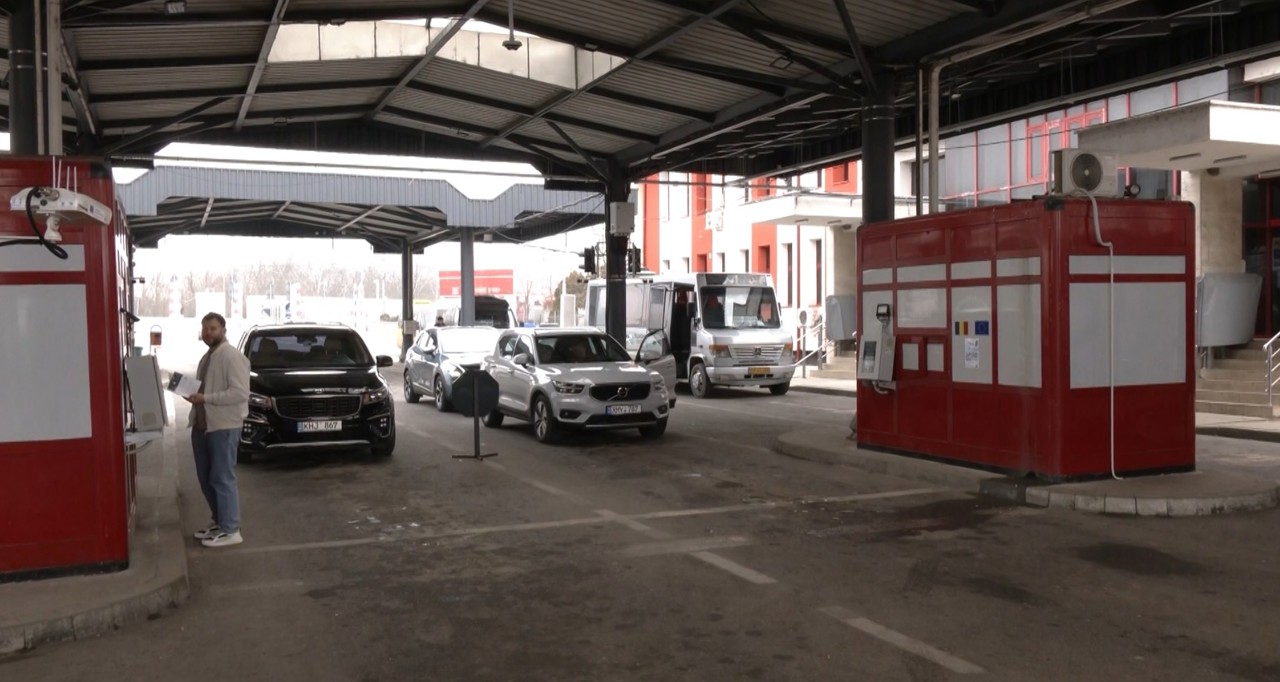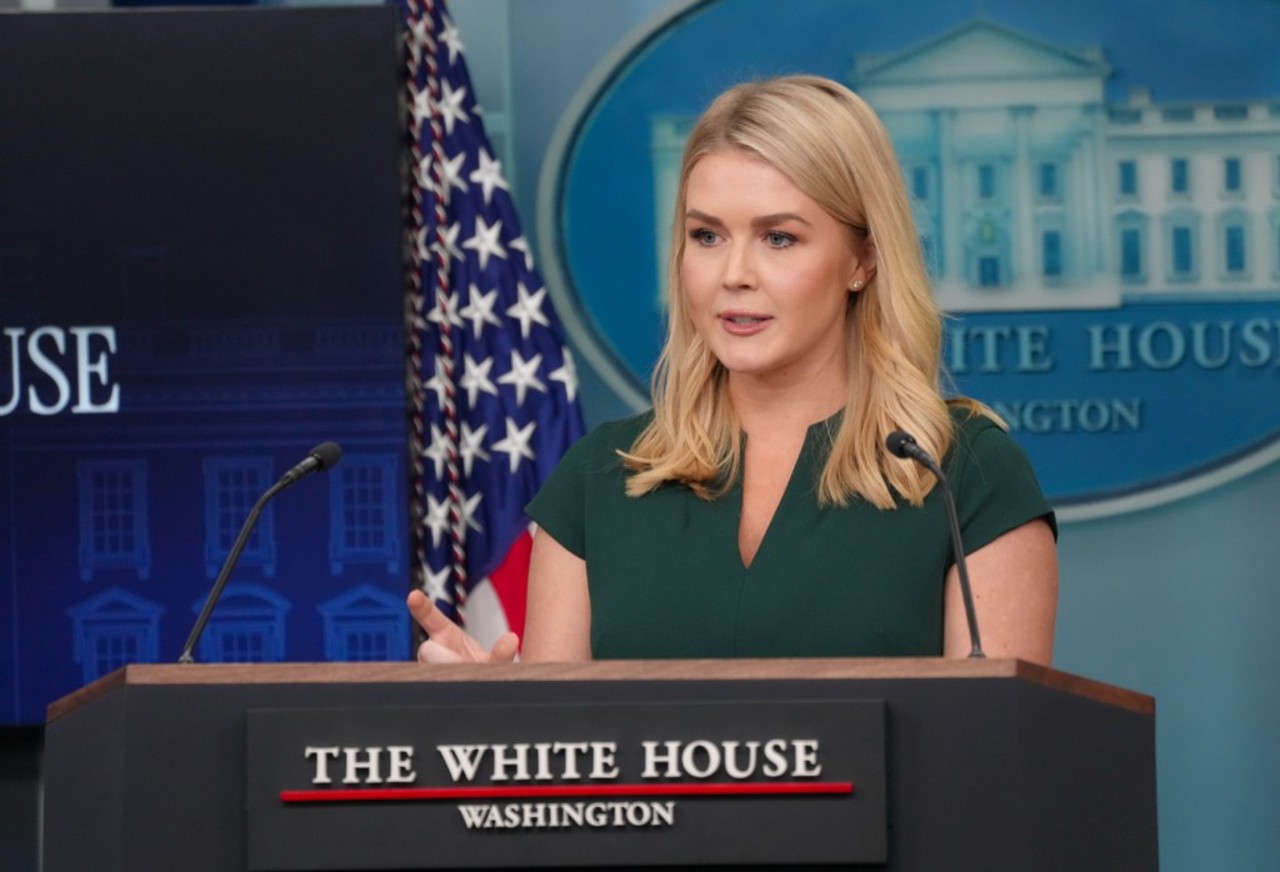Moldova’s EU path: Challenges, migration, and Russian tactics
The phenomenon of the "exodus" of Moldovans from the Republic of Moldova has sparked significant debate, prompting discussions around the reasons behind their departure and the broader implications for the country.

In addition, Moldova’s global ranking highlights discrepancies in access to justice, inclusion, and security for women, drawing comparisons with other nations.
These headlines have garnered extensive coverage in the media.
Jurnal TV explored clarifications provided by the Border Police, which offered explanations regarding the migration patterns of Moldovan citizens. According to the institution, there is no substantial evidence to support the narrative of a "mass exodus." Instead, recent data indicate a rise in border crossings, which correlates with the expansion of international routes, especially air travel, and the increased mobility of Moldovan citizens. Between January 1 and September 5, 2024, 310,265 Moldovan citizens left the country, while 850,198 returned.
The Moldovan government has also weighed in on the matter. Ziua de Azi reported on the government’s stance, which refuted claims circulated in some media outlets about an exodus. Daniel Vodă, spokesperson for the Moldovan government, emphasised that while more Moldovans are travelling abroad, they are returning home as well.
Vocea Basarabiei featured insights from Romanian security expert Cristian Barna, who raised concerns over significant pressures exerted by Russia on Moldova. According to Barna, the Russian Federation continues to employ hybrid tactics to maintain its influence in the region, supporting pro-Russian elements in Gagauzia and Transnistria. On the subject of Moldova-Ukraine relations, Barna noted that Ukraine would not object if Moldova were to join the European Union first, given the complex nature of Ukraine’s negotiations, particularly in agriculture and energy. He further emphasised that Moldova is more technically prepared for EU membership, while Ukraine’s process will be primarily political.
Despite this, Barna cautioned that Ukraine’s negotiations will be challenging, as they could impact European markets, much like the recent protests by Polish farmers over Ukrainian grain imports.
tv8.md continued to address the theme of emigration, reporting that it remains a significant reality for Moldova. Since gaining independence, many Moldovans have sought to leave the country, driven by various factors such as the pursuit of higher wages, better opportunities for their children, and improved working conditions. Others, however, leave to reunite with family members. For example, in the village of Peneni, those who have stayed expressed their readiness to leave despite their attachment to their homeland, citing the lack of stable and well-paying jobs.
Agora.md presented a study revealing significant disparities in access to justice, inclusion, and security for women, depending on the country of origin. In this global ranking, Moldova placed 53rd out of 177 countries, with a score of 0.758.
Deschide.md reported statements by the Minister of Energy, Victor Parlicov, who highlighted that the use of electric cars in Moldova has already become a convenient option, thanks to the well-developed infrastructure. Parlicov noted that the country now has a robust network to support electric vehicles, thus facilitating the transition to greener transportation solutions. Furthermore, the charging infrastructure will be expanded and diversified, with the introduction of a unified map for all charging networks and a streamlined payment system.
Translation by Iurie Tataru





